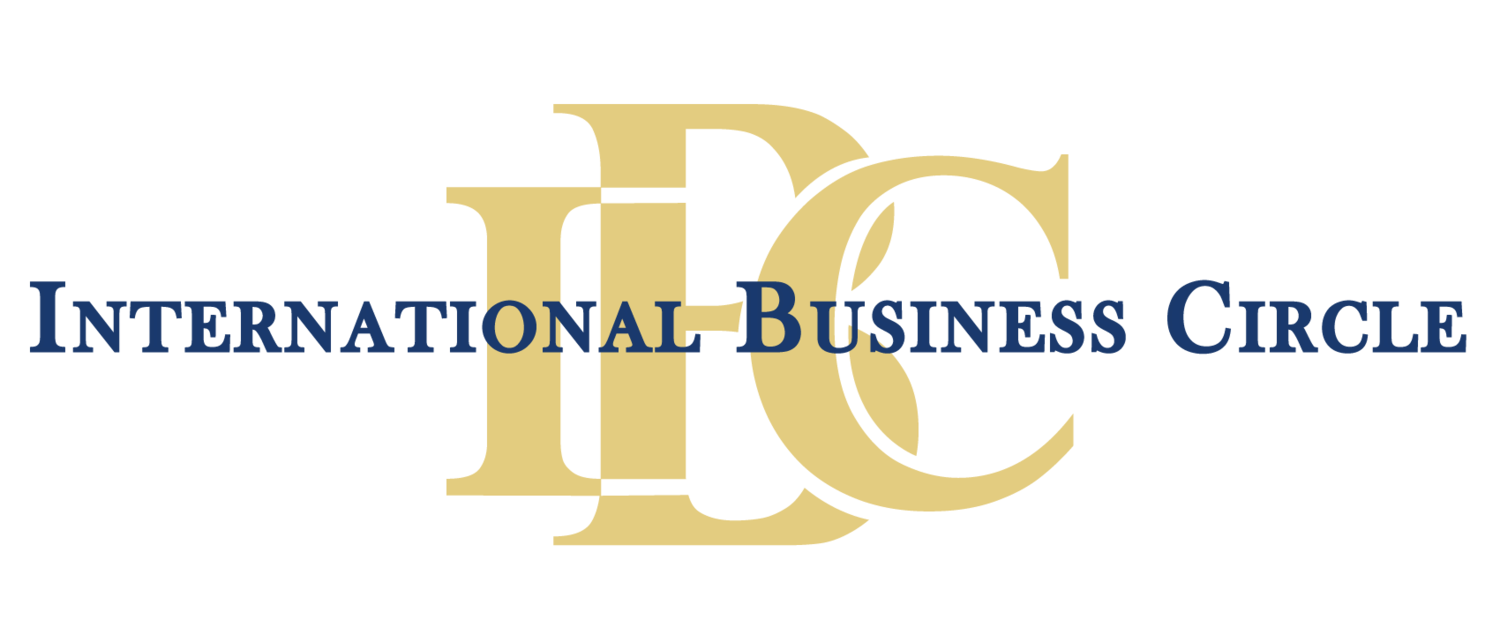Indonesia overview by Stanley Harsha
Stanley Harsha
President of U.S.-Asia International Exchanges
This article is part of our series with experts from CU Center for Asian studies (CAS). If you would like to be part of this exclusive series, please email us for link.
Indonesia, commonly misunderstood by Americans as part of the island paradise of Bali, has remained largely unrecognized because of its peace and stability. Apart from the massacres of 1965-1966 that brought the Suharto dictatorship into power, and several terrorist attacks targeting westerners in the first years after 9/11, Indonesia has flown happily under the radar. Indonesia transitioned peacefully from authoritarianism in 1999 to become the world’s third largest democracy, with a new constitution that is a model for protecting human rights and freedom of speech.
Democratic Indonesia has elected four presidents since 1999, in peaceful and fair elections. The current president, Joko Widodo, “Jokowi,” is a self-made furniture maker who catapulted from mayor to president in 2014 because of his success as an effective administrator who built infrastructure and provided social welfare to his constituents. As a small businessman, his mantra is to reduce government red tape facilitate business growth. His progressive politics are driven by his humble beginnings.
Indonesia has the world’s 18th largest GDP, 7th by PPP, and is projected to leapfrog to the fourth largest GDP by 2050 (Goldman Sachs, Price Waterhouse), growing at a steady 5-6% annually. Indonesia is the powerhouse of ASEAN, providing 40% of its economic output. Under Jokowi’s leadership, Indonesia has built an impressive array of infrastructure, including modern airports, roads, ports, and other key infrastructure. Jokowi has improved human capital by investing heavily in health and education, making these accessible and free for the common people.
The government continues to rely on less efficient State Owned Enterprises to carry out major projects rather than the private sector, but the consumer-driven economy is also dynamic with a large SME sector. Young entrepreneurs bring constant innovation to the service and digital economies. Jokowi has made tangible progress in improving the business climate: The World Bank’s 2018 Ease of Doing Business report ranked Indonesia 73 out of 190 nations, up from 120th since 2014 when Jokowi took office.
While corruption remains endemic, the government has been imprisoning large numbers of major corruptors since its Anti-Corruption Commission was established in 2003. Still, corruption pays, to the benefit of Asian investors such as China. Transparency International’s 2018 corruption index ranked Indonesia 85 out of 180 countries (comparable to India and China), a vast improvement over the past 20 years.
Despite the quiet nature of the U.S.-Indonesian relationship, Indonesia has always been high on the radar of U.S. interests. In the 1960s, the threat of Indonesia falling to communism was arguably a greater concern than Vietnam, given Indonesia’s size and strategic position. Straddling the South China Sea on one of the world’s busiest sea lanes, 50% of the world’s oil passes Indonesia’s shores.
Indonesia, as democratic Muslim-majority nation, with a tradition of ethnic and religious tolerance, has positive political implications for the U.S. Ever since Indonesian authorities recognized its homegrown problem of terrorism in 2003, Indonesia has admirably quelled terrorism with a combination of tough law enforcement and social programs targeted at radicalism. This has not been easy in a country with strong rights of free speech and assembly. Notably, Jokowi has boldly banned the most radical civil society organizations that previously used the cover of free speech to carry out threats and violence, including attacks on churches.

